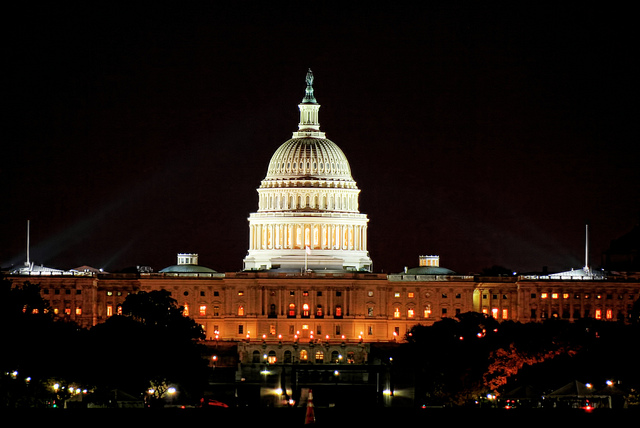In this post, we discuss the latest immigration news beginning with the recent Congressional Approval of the Continuing Resolution Act that will allow funding to continue for the EB-5, Conrad 30, and special non-ministerial religious worker programs for fiscal year 2017. With the passage of this Continuing Resolution, these programs will remain afloat at least for the time being. On September 28, 2016 Congress averted a government shutdown by continuing funding for key programs with the passage of the Continuing Appropriations and Military Construction, Veterans Affairs, and Related Agencies Appropriations Act of 2017. This Act will extend the EB-5 Regional Center Program and EB-4 non-minister special immigrant visa program for religious workers until December 9, 2016. In terms of adjustment of status filing dates for employment-based preference categories, USCIS has announced that for the month of October, foreign nationals seeking to apply for employment-based adjustment of status (EB-1 to EB-4 preference categories) may do so by using the Dates for Filing Applications Chart of the October Visa Bulletin for 2016. EB-5 adjustment of status applicants must use the Final Action Dates chart of the October Visa Bulletin.
What does this mean?
The signing of the Continuing Resolution Act means that this year we will not be facing a government shutdown as in previous years. This is very good news given that the upcoming elections (both for the U.S. president and Congressmen and women) may have been a factor in Congress not being able to meet the deadline to continue government funding for these key programs. EB-5, Conrad, and non-ministerial religious worker programs will continue without interruptions since these programs are part of the CR.
What will happen after December 9, 2016?
On December 9th the government will be facing another deadline that will require Congress to continue funding these very important programs. If Congress does not meet the funding deadline for these programs through the passage of another Continuing Resolution or Omnibus package, the government could face another shutdown. This would take place after the elections, but before the new Congress is in session. If an Omnibus is passed, the possibility of reforms and/or changes to the EB-5, Conrad, or non-ministerial religious worker programs is worth noting. Recent controversies may lead to reforms in the EB-5 program although it is unlikely that major reforms and/or changes to the EB-5 program will pan out before the December 9th deadline.
Announcement of the Electronic Visa Update System (EVUS) Program for 10-year B visa holders from the People’s Republic of China
On September 27, 2016 U.S. Customs and Border Protection (CBP) announced that all passport holders from the People’s Republic of China carrying a United States 10-year visa inside will be required to obtain a valid enrollment with the Electronic Visa Update System (EVUS) in order to travel to the United States by land or air, beginning November 29, 2016. The EVUS is an online system that is specifically designed for use by nationals of the People’s Republic of China who are visa holders of 10-year B-1/B-2, B-1 or B-2 temporary non-immigrant visas. EVUS will require persons to update basic biographic information into the system in order to streamline and facilitate travel to the United States. Enrollment fees for the system are $8 USD (or 53 RMB) valid for a period of two years or until the traveler obtains a new passport or U.S. visa. Enrollment in EVUS is required for new 10-year visa holders as well as for individuals who have been issued a 10-year B visa in the past. It is estimated that more than 3.9 million nationals of the People’s Republic of China hold 10-year U.S. B classification visas in their passports. Nationals of the People’s Republic of China will not be able to travel to the United States on their 10-year visas if they have not enrolled in EVUS beginning November 29, 2016. If the foreign national takes more than one flight to reach the United States, EVUS enrollment will be verified at the time of check-in for the first flight. The EVUS website is expected to open in mid-October. Travelers must enroll at least 72 hours before their travel date to the United States. EVUS has been implemented as part of a governmental agreement between the United States and China to issue 10-year visitor and business travel visas (B1/B2, B1, B2) to Chinese nationals on a reciprocal basis. That arrangement requires travelers to periodically complete an online form updating the information used to apply for the visa.
For more information about EVUS please click here.
For legal advice, please contact our office.
 Visa Lawyer Blog
Visa Lawyer Blog


